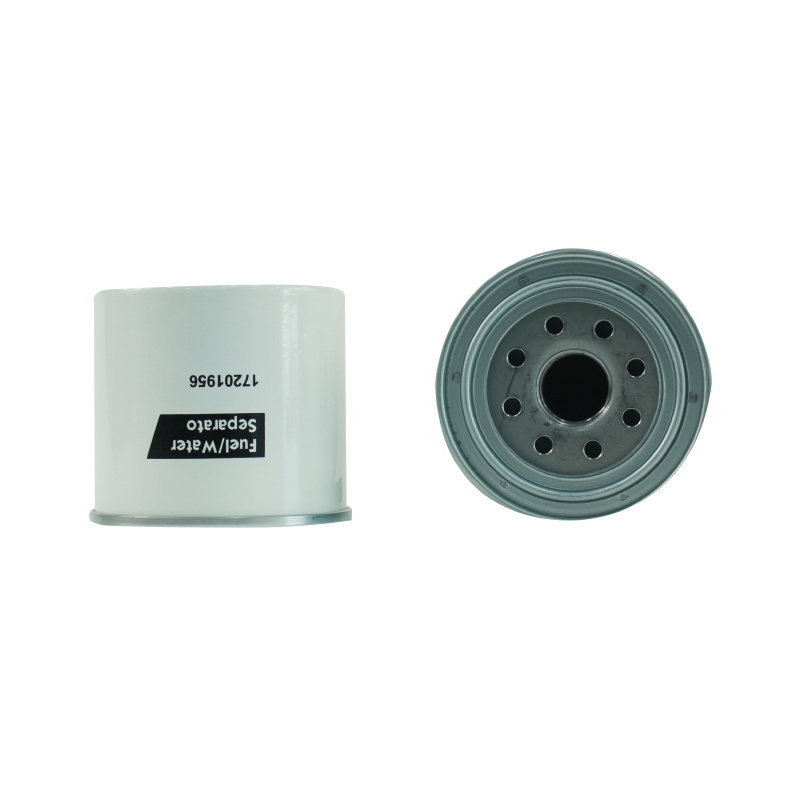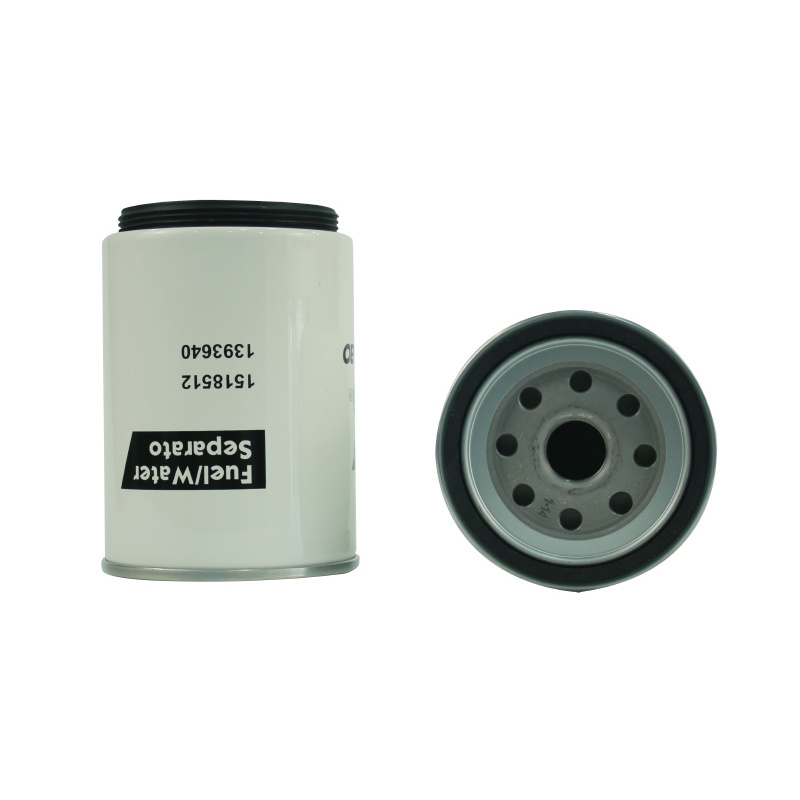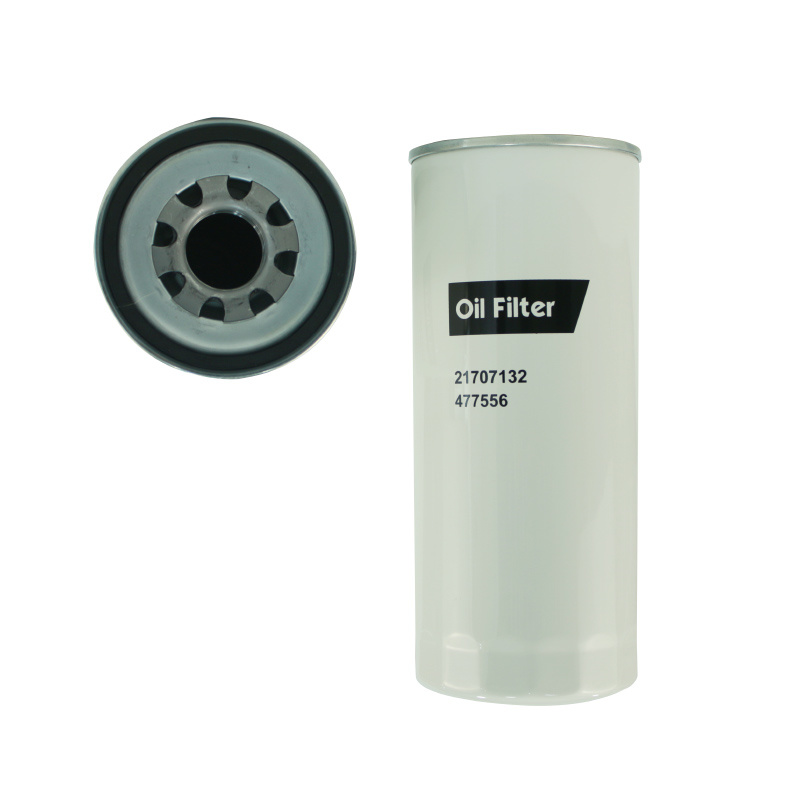Welcome to Hebei Takai Vehicle Parts Technology Co., Ltd.
The Connection Between Oil-Water Separators and Corporate Social Responsibility
Release Time:
Jul 31,2025
The Connection Between Oil-Water Separators and Corporate Social Responsibility Introduction: Understanding Oil-Water Separators In the realm of industrial equipment, oil-water separators play a pivotal role in managing waste and promoting environmental sustainability. These sophisticated devices are designed to remove oil and grease from wastewater, ensuring that businesses can operate in an envi
The Connection Between Oil-Water Separators and Corporate Social Responsibility
Introduction: Understanding Oil-Water Separators
In the realm of industrial equipment, oil-water separators play a pivotal role in managing waste and promoting environmental sustainability. These sophisticated devices are designed to remove oil and grease from wastewater, ensuring that businesses can operate in an environmentally responsible manner. The implementation of oil-water separators aligns seamlessly with the principles of corporate social responsibility (CSR), which emphasizes the importance of ethical practices and sustainable operations.
What Are Oil-Water Separators?
Oil-water separators are specialized devices employed in various industries to separate oil from water. They utilize gravity and other physical principles to effectively remove contaminants from wastewater, allowing for cleaner discharge into the environment. The use of these separators is not just a regulatory requirement; it is also a proactive measure that companies can take to minimize their environmental footprint.
The Functionality of Oil-Water Separators
Understanding the operational mechanisms of oil-water separators is crucial for grasping their significance in CSR. These systems typically consist of a chamber where wastewater is collected and allowed to settle. The difference in density between oil and water enables the oil to rise to the surface, where it can be skimmed off or collected for further processing. This process can significantly reduce the pollutant load in wastewater, allowing companies to adhere to environmental regulations while enhancing their sustainability efforts.
Types of Oil-Water Separators
There are several types of oil-water separators, each designed for specific applications. They include:
- **Gravity Separators**: These utilize the natural buoyancy of oil to separate it from water. They are widely used in various industries due to their simplicity and effectiveness.
- **Coalescing Separators**: These employ coalescing media to enhance the separation process, making them ideal for applications with emulsified oils.
- **Dissolved Air Floatation (DAF) Systems**: In this advanced method, air bubbles are introduced into the wastewater, promoting the rise of oil and suspended solids to the surface.
Each type of separator plays a crucial role in ensuring that companies can manage wastewater responsibly, thus contributing to their CSR initiatives.
The Role of Corporate Social Responsibility in Today’s Business Landscape
Corporate social responsibility has become an essential component of modern business strategy. Companies are increasingly recognizing the importance of sustainable practices, not only for regulatory compliance but also for building a positive corporate image and fostering customer loyalty. Consumers are more informed and concerned about environmental issues, making CSR a critical factor in purchasing decisions.
The Benefits of CSR for Businesses
Implementing effective CSR strategies offers numerous benefits, including:
- **Enhanced Brand Reputation**: Companies that prioritize sustainability and social responsibility often enjoy a better public image.
- **Customer Loyalty**: Consumers are more likely to support businesses that align with their values, leading to increased customer retention.
- **Regulatory Compliance**: Adhering to environmental regulations can prevent costly fines and legal issues.
- **Operational Efficiency**: Sustainable practices often lead to reduced waste and lower operational costs.
Integrating Oil-Water Separators into CSR Strategies
The integration of oil-water separators into a company’s CSR strategy can yield significant advantages. By adopting these systems, businesses not only comply with environmental regulations but also demonstrate their commitment to sustainability.
Reducing Environmental Impact
Oil-water separators play a crucial role in reducing the environmental impact of industrial processes. By effectively removing oil from wastewater, these separators help prevent pollution of water bodies, thereby protecting aquatic ecosystems. This commitment to environmental stewardship is a cornerstone of any robust CSR strategy.
Enhancing Community Relations
Companies that actively engage in environmentally responsible practices foster positive relationships with their communities. By implementing oil-water separators, businesses can showcase their dedication to sustainability, contributing to a healthier environment for local residents. This, in turn, can enhance community trust and support.
Improving Compliance and Risk Management
Environmental regulations are becoming increasingly stringent. Businesses that invest in oil-water separators are better positioned to meet these regulations, reducing the risk of non-compliance and associated penalties. This proactive approach not only protects the environment but also safeguards the company’s reputation and financial standing.
Case Studies: Successful Integration of Oil-Water Separators
Examining real-world examples can provide valuable insights into how companies have successfully integrated oil-water separators into their CSR strategies.
Case Study 1: Manufacturing Company A
Manufacturing Company A implemented oil-water separators in its production facilities to manage wastewater effectively. As a result, the company reduced its pollutant discharge by over 70%, significantly enhancing its compliance with environmental regulations. This move was not only beneficial for the environment but also improved the company's standing in the community, leading to increased customer loyalty.
Case Study 2: Automotive Industry B
Automotive Industry B recognized the importance of sustainable practices and installed advanced coalescing separators in its assembly plants. By doing so, the company was able to minimize its environmental footprint and promote its commitment to sustainability. This initiative played a crucial role in enhancing the company’s brand image, attracting environmentally-conscious consumers.
Challenges in Implementing Oil-Water Separators
While the benefits of oil-water separators are substantial, there are challenges associated with their implementation that companies must navigate.
Initial Investment Costs
The upfront cost of purchasing and installing oil-water separators can be significant. However, businesses should view this as an investment in their future rather than a mere expense. The long-term savings achieved through reduced fines and operational efficiencies can outweigh these initial costs.
Maintenance and Operational Training
Proper maintenance and operational training are essential for the effective functioning of oil-water separators. Companies must ensure that their staff is well-trained to manage these systems and perform routine maintenance.
Best Practices for Maximizing the Benefits of Oil-Water Separators
To fully realize the advantages of oil-water separators, companies should adopt best practices that enhance their effectiveness.
Regular Maintenance and Monitoring
Routine maintenance and monitoring are vital to ensuring that oil-water separators function optimally. Companies should establish a maintenance schedule and conduct regular inspections to identify potential issues before they escalate.
Employee Training and Awareness
Training employees on the importance of oil-water separators and their role in CSR can foster a culture of sustainability within the organization. Engaging staff in sustainability initiatives can result in innovative ideas and improvements in operational practices.
The Future of Oil-Water Separators in Corporate Social Responsibility
As businesses continue to prioritize sustainability, the role of oil-water separators is likely to expand. Advances in technology may lead to more efficient and effective separation methods, further enhancing their contribution to CSR.
Emerging Technologies
The development of smart oil-water separators equipped with sensors and automation features can enhance monitoring and control, leading to even greater efficiencies in wastewater management. Companies that invest in these technologies will be better positioned to meet evolving regulatory standards and consumer expectations.
Expanding Applications
The increasing awareness of environmental issues may lead to a broader adoption of oil-water separators across various industries. As more businesses recognize the importance of sustainable practices, the demand for effective wastewater management solutions will likely rise.
Conclusion
The connection between oil-water separators and corporate social responsibility is clear: these devices are crucial for companies striving to operate sustainably and ethically. By integrating oil-water separators into their CSR strategies, businesses can reduce their environmental impact, enhance compliance, and improve community relations. As the push for sustainability continues to grow, investing in oil-water separators will not only serve the planet but also bolster a company’s reputation and bottom line. Embracing this connection is not just a trend; it is a fundamental business practice for the future.
Frequently Asked Questions (FAQs)
What are oil-water separators used for?
Oil-water separators are used to remove oil and grease from wastewater, ensuring compliance with environmental regulations and promoting sustainability.
How do oil-water separators work?
These separators utilize gravity and physical principles to allow oil to rise to the surface of wastewater, where it can be collected and removed.
What types of industries benefit from oil-water separators?
Industries such as manufacturing, automotive, oil and gas, food processing, and construction benefit significantly from oil-water separators.
How do oil-water separators contribute to corporate social responsibility?
By effectively managing wastewater and reducing environmental impact, oil-water separators help businesses fulfill their CSR commitments and enhance their public image.
What are the maintenance requirements for oil-water separators?
Regular maintenance, including inspections and cleaning, is essential to ensure the effective operation of oil-water separators and prolong their lifespan.
You Can Also Learn More About Industry Trends











